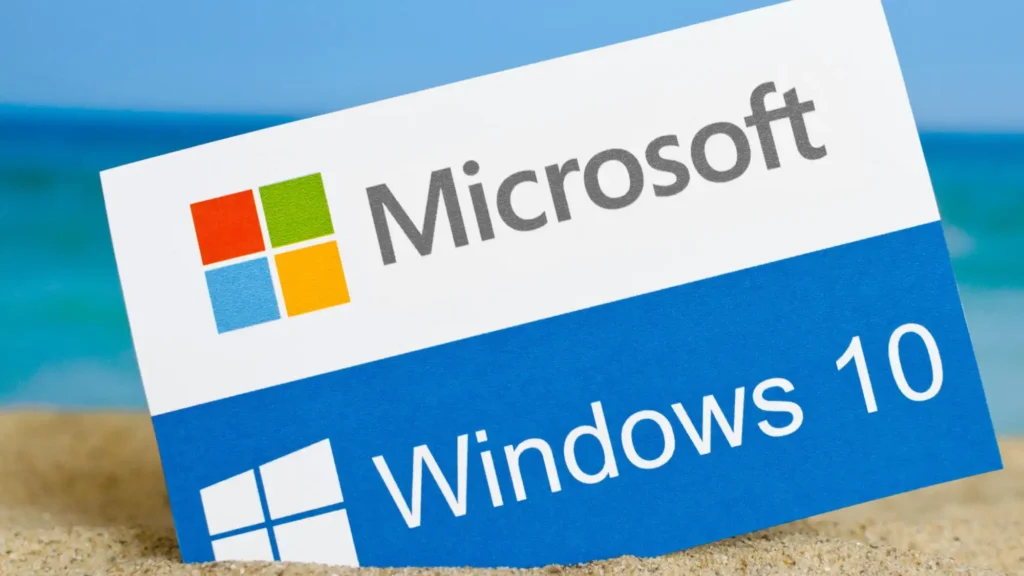Microsoft will officially end support for Windows 10 on October 14, 2025, a move that has sparked concern among consumer groups and left millions of users weighing costly upgrades or alternative solutions.

What Happens on October 14?
After the deadline, computers running Windows 10 – first released in 2015 – will no longer receive security or feature updates. These updates have been critical in protecting systems from cyberattacks.
“By receiving no updates, you’re no longer protecting yourself against the most recent cybersecurity risks,” explained Martin Kraemer, a security expert at KnowBe4.
What It Means for Users
Microsoft has urged customers to upgrade to Windows 11, launched in 2021. For users whose hardware is incompatible, the company is offering a $30 one-year extension under its Extended Security Updates (ESU) program.
Consumer groups, however, have criticized the move.
- Consumer Reports (US) described the lack of backward compatibility as a financial burden, forcing many to buy new computers.
- In Europe, French group End Planned Obsolescence (HOP) has petitioned for free updates until 2030, while Germany’s Verbraucherzentrale warned the decision limits consumer choice and contributes to e-waste.
How Many Are Affected?
Microsoft has not disclosed exact figures, but estimates suggest:
- 650 million Windows 10 users worldwide as of August 2025 (Consumer Reports).
- Up to 400 million devices may be incompatible with Windows 11 (Public Interest Research Group).
Risks of Staying on Windows 10
Users who neither upgrade nor pay for extended support face:
- Increased exposure to cyberattacks.
- Incompatibility with new third-party software, as developers rely on updated operating systems.
- Potential performance and reliability issues over time.
What Options Do Users Have?
- Upgrade to Windows 11 if hardware allows.
- Pay for ESU to extend Windows 10 security updates temporarily.
- Switch to alternative operating systems like Linux, which is open-source and widely supported.
Paddy Harrington of Forrester Consulting noted:
“Recent antivirus software alone may not fully protect an unsupported operating system. It’s better than doing nothing, but should only be a temporary fix while finding a permanent solution.”

